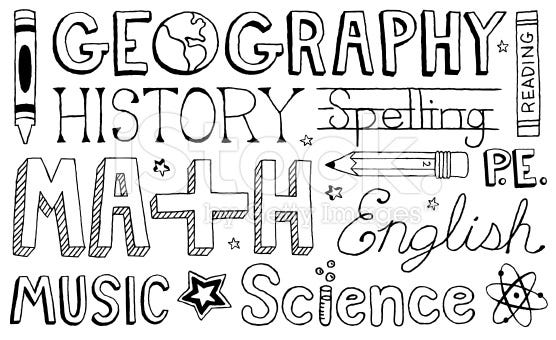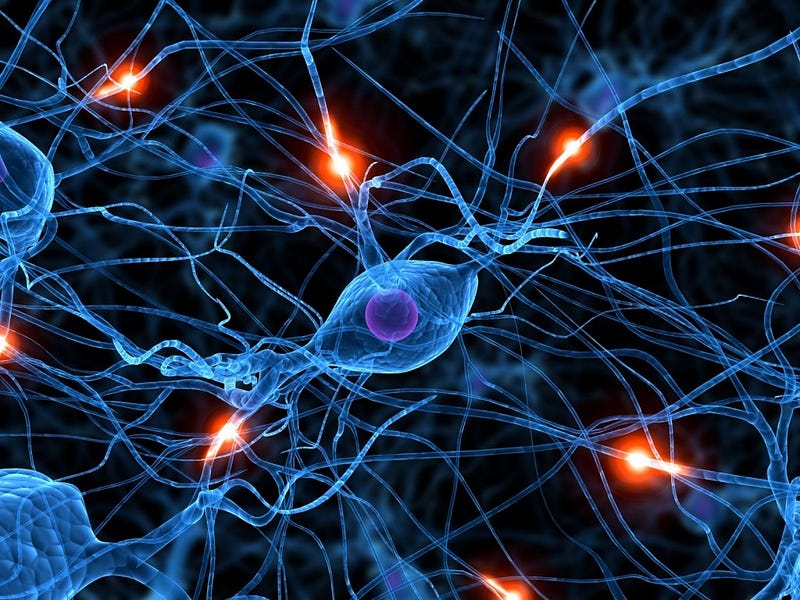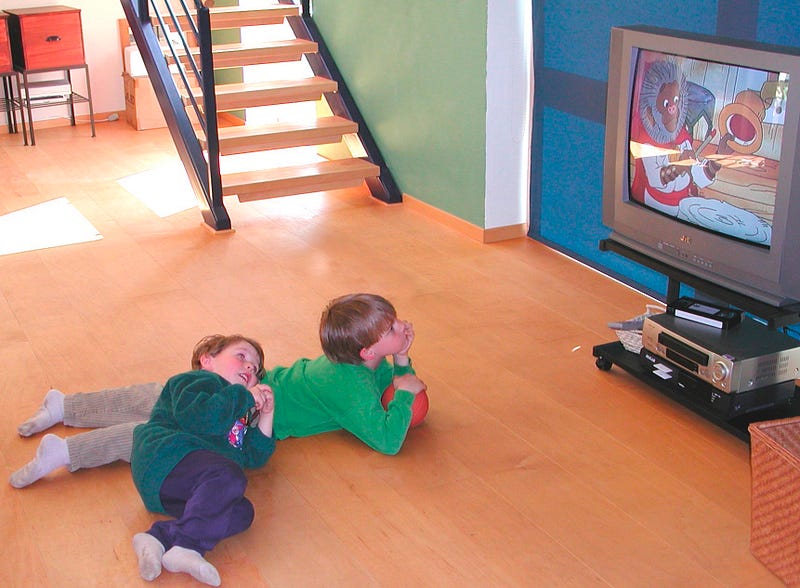“Why do I have to learn this?”
There are lots of wrong reasons out there, but only one that matters.
“The scientist does not study nature because it is useful; he studies it because he delights in it, and he delights in it because it is beautiful.” –Henri Poincare
With September upon us and Labor Day behind us in America, tens of millions of children return to school. Many of them find themselves in classes they not only don’t like or want to be in, but find themselves forced to learn material they see as completely irrelevant to their lives.

“I want to be a firefighter, why do I need to learn world history?”
“I’m going to be a fashion designer, when will I ever use literature?”
“I’m not going to become a scientist, so why do I have to learn science?”
“I don’t know what I’m going to be, but when will I ever use math?”
These are the protests of students that are either unmotivated, uninterested, or simply trying to avoid doing the work that they don’t want to do.

The most common retort is to find a way that these subjects actually are relevant to the student’s future life. Indeed, it’s true that in many cases, they are relevant, not only to your potential career, but for everyone’s life. For example:
- Becoming scientifically literate about a wide variety of sciences allows you to make better-informed decisions about your health and about the policies that shape our future.
- Becoming adept in math empowers you to develop an intuition about spatial awareness and numeracy, allowing you to understand everything from what will (or won’t) fit into your car to what good (and bad) financial moves are for your future.
- Being well-read allows you to engage in a wide variety of cultural activities and appreciate nuances that you’d completely miss otherwise.
- And being aware of history and world affairs enables you to better understand the breadth of experience of those you encounter, as well as to appreciate the different backgrounds and perspectives of others.

These are all good things that most people would have a hard time legitimately arguing against as being “good” for anyone who aspires to be a member of our society. And yet, neither these reasons — nor the potential usefulness of any subject for someone’s preferred career — is the reason that someone should learn all the subjects they’re presented with in school.
Whether it’s art, music, math, science, foreign language, history or literature, there’s a very, very good reason why “you have to learn this” whether you want to or not: challenging yourself intellectually is how you make your brain grow in new ways.

Is math hard for you? Perhaps you say you can always use a calculator, and it’s true: you can. But if you always use a calculator, if you never learn how to solve math problems — never practice the techniques until you’re competent at them, never learn how to manipulate fractions, never learn how to do long division by hand, never learn exponents, algebra, geometry, trigonometry — you won’t be unable to function in this world. You should be able to get by, day-to-day, just fine.
You just won’t have as strong a mind as you would have if you had learned those things. You won’t develop those connections in your brain that allow you to recognize certain patterns; those connections will never have been formed. You won’t have the full set of problem-solving skills that you could have had at your disposal, and you won’t be able to take advantage of all the associated capacity for extra thinking you would have developed.

Math is just one example: the same types of connections in your brain are formed whenever you take on a new challenge. You can learn to draw, paint, sculpt, or express yourself in a visual medium… or not.
You can learn how a language other than your native tongue works: how the grammar and sentence structure differs, how people communicate with one another, how literature differs, and how a foreign language’s nuances differ from your own language. Or not.
You can experience music, or dance, or the scientific study of the natural world, or history… or not.

At the end of the day, you don’t have to learn any of it, though. With the way our educational system is set up, you can often make it to the next grade without learning very much at all. You can — in many cases — graduate high school or even college without confronting yourself with those intellectual challenges that school is supposed to bring.
But then what?

At some point, you’re done with school, and you’re out in the world, and it’s just you. It’s you, and your mind, and your skills, and it’s what you can do.
And that’s all you’ve got: yourself, your abilities, and what’s inside your head.
You didn’t have to learn a damned thing. You didn’t have to challenge yourself; you didn’t have to struggle with something that was hard; you didn’t have to put in the work to gain a skill that didn’t come easy to you.

But you had that choice, and you had that opportunity. And if you did, perhaps you discovered that it made all the difference. You can play that instrument; you can understand that sign; you can fit that furniture into your car; you can talk to your neighbors about whether your town should build that dam or not.
And if you didn’t, it isn’t too late. But you’ll go through life wishing you had put in the work when you first had the chance, because the payoff comes later if you do.

Why do you have to learn this?
Because there’s a secret ingredient to having the life you want: making yourself into the person you want to spend the rest of your life with.
Leave your comments on our forum, and support Starts With A Bang on Patreon!





